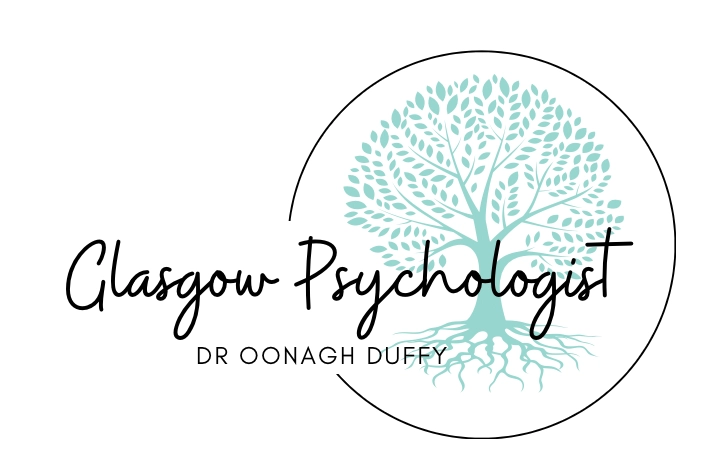Thinking habits that increase anxiety and depression for parents
There has never been a time that parents have been under as much pressure as they are under today. We are living in a society where there is an emphasis on "doing" rather than "being", most families need two incomes to stay afloat meaning that there is a lot of juggling with work and childcare demands, often families are living apart from their wider social supports, and of course there is a plethora of advice and guidance on how you "should" parent. In addition to these pressures, thinking habits modelled and learned also serve to increase pressure on parents and can lead to difficulties with anxiety and low mood.
Thinking errors are ways of thinking that are biased in nature and often become a habit, with our minds reaching for these "truths" rather than searching for other plausible explanations. As a new mother I have noticed these creep into my own mind at times and have also heard then in the words of my friends and family. Noticing these thinking errors helps us to both step back and challenge these difficult thoughts.
Mental Filter- when we filter out what doesn't fit with our view of ourselves, others or a situation, for example, only noticing the bad things we do- "I'm a terrible mother because I let my baby watch peppa pig for an hour".
Mind- Reading - assuming we know what other people are thinking-"They think I don't know how to soothe my own child".
Prediction- when we make the mistake of believing that we know what will happen in the future -"She's going to be sleeping in my bed until she's 10".
Compare and Despair- when we look at other parents and compare ourselves unfavourably against them-"oh my god, they are great parents, their child is walking!! What are we doing wrong?!"
Critical Self- when we call ourselves names, blame ourselves for things that are not our fault and generally put ourselves down-"I'm so stupid, why didn't I know that you were upset because you were cutting a tooth".
Shoulds and Musts- when we use these words out loud or in our mind we put a lot of pressure on ourselves to behave in a certain way or to reach targets that may be unrealistic- "I must have her taking the bottle by 5 months of age".
Catastrophising - when we believe that the worst things possible will happen to us or our child-"If this fussy eating continues then he will have to go to hospital to be tube fed".
Black and White Thinking- when we believe or imagine that someone or something we do is all good or all bad forgetting that there is a more balanced way to view the situation- "my husband does nothing to help out, he just sits back and makes more work for me".
There are of course more thinking errors that can lead to anxiety and depression however these are the ones I have noticed as most commonly occurring in parents I speak to. Learning how to challenge these and to notice that you are "good enough" is key to improving your wellbeing, increasing your levels of satisfaction as a parent, and modelling how to manage these kinds of thoughts for your children.






